DARREN HENLEY has been doing his bit to promote diversity since he became chief executive of the Arts Council of England in 2015. Some people would say more than his bit.
He is driven by a number of principles. One is that engagement with the arts makes people happier. Another is that “talent is everywhere, opportunity is not”, and something has to be done to level up cultural resources. And, finally, he believes culture is for everyone, not just for a privileged section of society.
In an interview with Eastern Eye to coincide with the Arts, Culture and Theatre Awards (ACTA) event earlier this month, Henley analysed the Art Council’s allocation of £446 million a year from 2023 to 2026 to 990 museums, libraries and arts organisations, announced in November 2022.
In all, there were 1,700 applications for Arts Council support. Of those that were successful, 276 were new to the National Portfolio of Organisations supported by the Arts Council. This is where diversity comes in. “One of the measures we use is to ask about the leadership of those organisations, their ethnicity. Of those, 148 plus are led by people who are black, Asian or ethnically diverse,” revealed Henley.
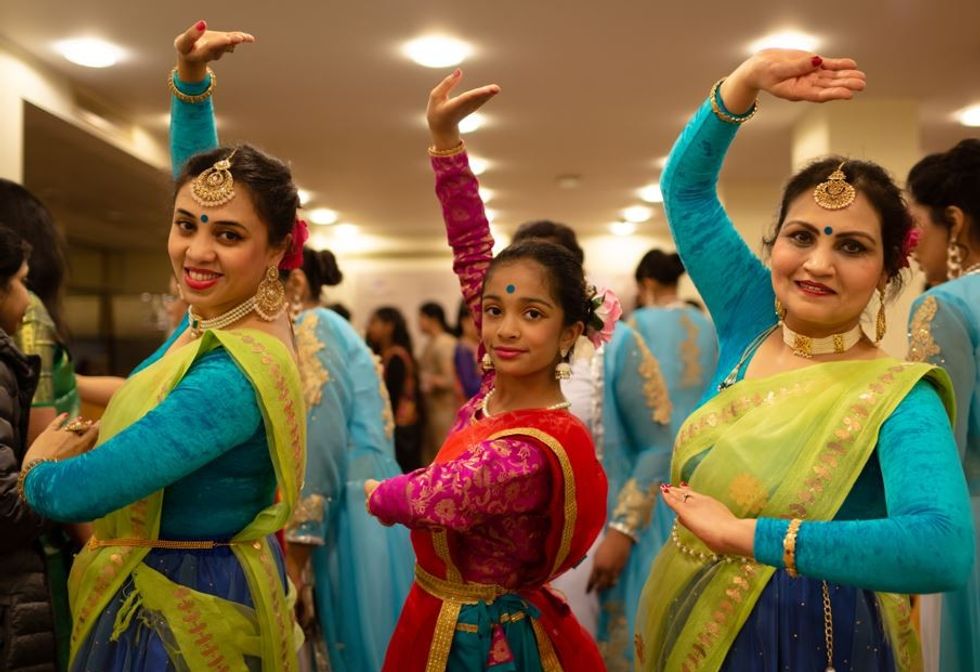
The Arts Council has published the precise sums that various organisations were getting in 2023. Beneficiaries include Akademi, the dance group in London (£218,956); Art Asia Trust in the southwest (£97,590); Milap Festival Trust in the north (£369,586); Sampad in the Midlands (£248,394); Shobana Jeyasingh Dance Company in London (£263,493); South Asian Arts, UK, in the north (£184,330); Rifco Arts in the southeast (£331,391); and the Tamasha Theatre Company in London (£320,251).
Henley said: “We have talked about talent being everywhere, but not opportunity. With this latest round of national portfolio announcements, we are identifying talent and giving that talent opportunity to reach wider audiences."
He said black and Asian arts organisations are considered “absolutely part of the mainstream. We should regard them as being within the national portfolio. They have equal status with every other organisation. We have 990 organisations we work with, all very high quality. They are nationally significant; in many cases, internationally. There’s no hierarchy because everyone is there on merit because of the work they’re doing.”
The Arts Council budget is reviewed every three years.
“We tried to create a balanced portfolio. By that we mean we will have a balance across art forms, across geographies, we will make sure of that even within art forms. You have touring theatres and theatres which present work. You might get different genres of music. We’re looking all the time to see how we have the very best spread of work right across the country.
“People wanted to see high-quality work on their doorsteps… to be close to them. They didn’t want to have to travel too far away, so that’s something we’ve done. We spent a lot of time looking and seeing which parts of the country we haven’t previously invested in so as to balance things in a geographical way.”
Not only does the Arts Council receive applications, but it is also proactive in seeking out new organisations to support.
“It’s a bit of both, to be honest, because we see ourselves very much as being the national development agency for arts and culture in the country. We have nine offices around the country. Getting on for 80 per cent of our colleagues are based outside London, so it’s a very big spread,” he said.
“Anybody can make an application. We’re always very keen to talk to people. When anybody makes a funding application for the first time, we do recognise that can be quite a daunting task. We’re investing taxpayers’ and National Lottery money. So there are some things that we have to ask people to do. Sometimes that’s quite confusing.
“We’re there to help people. We’re keen to talk to new people, and to say, ‘how can we have that relationship with you on that funding journey?” All organisations have to demonstrate that they are doing something for diversity as a condition of getting Arts Council funding, he explained.
“Inclusion is an important measure that we look at right at the start,” Henley asserted. “We are very keen to ensure – because we take taxpayers’ money, a lot of National Lottery players’ money – that the leadership in organisations, the workforce, more generally, and also the audiences are reflective of the country as a whole.
“I believe very strongly that we should reflect everybody’s culture. We should be investing money in institutions that are welcoming for everybody. It is criteria that we look at as part of the funding decisionmaking process.”
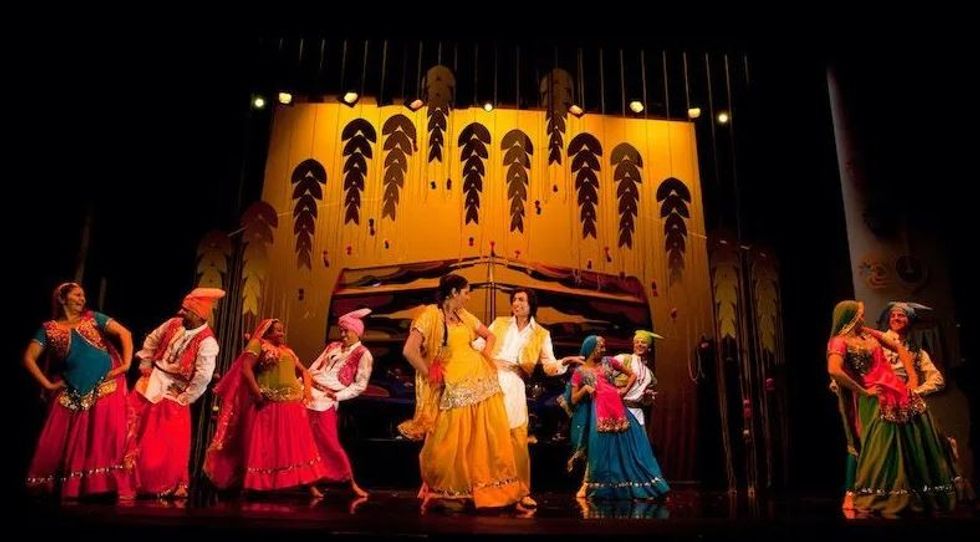
Henley’s view is that “we have a rich and diverse and exciting country. And we want to make sure that everybody gets to benefit from everyone else’s creativity. Different people will have different backgrounds and different experiences and bring different knowledge, understanding and practice to the table. When you bring people of different backgrounds together, they have a chance to spark and to have that moment where something new is created. That’s exciting.”
At a time of perceived culture wars, Henley seeks to reassure those people who fear “traditional English culture” is being eroded in a changing country.
“People think because you invest in funding X, you can’t fund Y. Well, I don’t think it’s a simple ‘either/or’. So, yes, different people will have different tastes, different people will have different things that they enjoy. The Arts Council is there to invest right across the spread.
“We’ve done that with this portfolio. You can see a huge range of different art forms, all of which are valid. The question for me is, is the work high quality? Is it relevant to audiences? Is it making connections? And I believe that in the 990 organisations we are investing in this portfolio, the answer to that is yes.
“Building audiences is important. I talk to artists, I talk to creative people. They’re interested in all age ranges, all backgrounds, all parts of society. The very best artists and arts organisations throw open their doors and welcome everybody in. As human beings, people from radically different backgrounds can have very similar experiences. That can bring people together.
“I think we can be one country with many voices, all as important as each other. Life would be much shallower, have less depth to it, if there was just one voice heard, and that was the way everything was all the time.
“Artists build on the past, on what’s been developed before and then take it forward for the next generation. I don’t think it’s about absolutely rejecting everything that’s gone before or getting into an argument about one art form’s value over another. They all have their place.
“And at different times, probably, taste will say certain things are more popular or more interesting to people. There will be times when there will be generations of creators coming through who capture the imagination. That’s exciting – that ebb and flow of our national creativity.
“But we’re not the creators at the Arts Council. We’re the enablers, we are the facilitators. What we’re trying to do all the time is to get to a position where the very best people and organisations can create their very best work.” Henley has high hopes that the arts will have passionate backers, both in King Charles as well as the prime minister, Rishi Sunak.
He recalled: “The King – I remember from my time working in Classic FM – was incredibly supportive of classical music. I know he’s incredibly supportive of theatre. He is a national figurehead who embraces our cultural life, and his expertise on our heritage is very forward looking. Many of the things he has championed over the years have become perceived wisdom – he’s often been at the cutting edge of some of that thinking.”
Henley gave due credit to Sunak who, as chancellor, announced the “culture recovery fund” in order to help arts organisations survive the pandemic when museums, theatres and cinemas had to close their doors.
“When he was chancellor, he signed up to what is the largest investment in history in this country’s cultural life. When the pandemic happened, he signed off on that cultural recovery fund. It meant that basically there was a huge injection into funding, and £1.57 billion came into our arts organisations, our cultural organisations, to keep them alive, to keep them going.
“He was the architect of that policy, along with Oliver Dowden, who was then the culture secretary. The artistic world, the cultural world, have to say thank you for that. That was a very strong thing and we didn’t lose significant organisations. So as an intervention, that was fantastic. And Rishi Sunak absolutely championed that.”
Henley does often talk to wealthy Asians about sponsoring the arts. He would like to encourage those on Eastern Eye’s Asian Rich List to consider following the example of wealthy donors in the United States.
“I believe very strongly that happiness should be a public policy goal,” he said.During the pandemic, people “travelled in the mind”, and found comfort in books, music and sometimes the guitar stored in the attic.
“One of the big reasons why we invest public money is that I believe we create happier lives. We have taxpayers’ money, National Lottery prize money and we invest that because we can make people’s lives perceivably and measurably better. They can feel better about themselves, they can be happier.
“Some people regard happiness as a weak word. I actually think it’s a very strong thing. Having a happy society, having people with happy and fulfilled lives, where they can flourish and grow, is really, really important.” Henley, who is “very interested in positive psychology”, has completed a Master’s degree from Buckinghamshire New University.
“The dissertation for my thesis was on happiness as a public policy goal.”
He has a message for rich Asians: “I would say to people with high disposable incomes, who might be thinking how to make a difference in society, that artistic and cultural organisations can absolutely change communities.
“They can help people who may not have had opportunity before to see different things in their lives. Having cultural activities and creativity as part of a young person’s life is important
“For people in retirement, it can counter loneliness. Artistic and cultural activities can bring together people who might otherwise sit at home all day on their own. There’s a lot of scientific data now that it can genuinely improve people’s health.
“For example, one of the big challenges for people in their 70s is falling over and breaking bones. But regular dancing can increase your lower body strength and you don’t tend to fall over as much. Having older people coming together every so often and dancing and doing some activity is great fun.”
At the Arts Council, Henley has set out a ‘Let’s Create’ strategy for the period 2020-2030. Its aim: “By 2030, we want England to be a country in which the creativity of each one of us is valued and given the chance to flourish, where everyone has access to a remarkable range of high-quality cultural experiences.”
”In Leicester, the Arts Council is collaborating with De Montfort University on an ambitious programme called ‘Talent 25’. It involves recruiting an ethnically diverse group of infants aged between three and 12 months, and seeing how their lives are affected by exposing them to the arts over a 25-year period.
“We have recruited babies – their mums and dads, basically,” laughed Henley.
As for the group being ethnically diverse, he emphasised “this was very important for us, so we really made sure that it was”.
“We’re working with young people who are tiny at the moment. But they will have a series of artistic and cultural interventions throughout their life.”
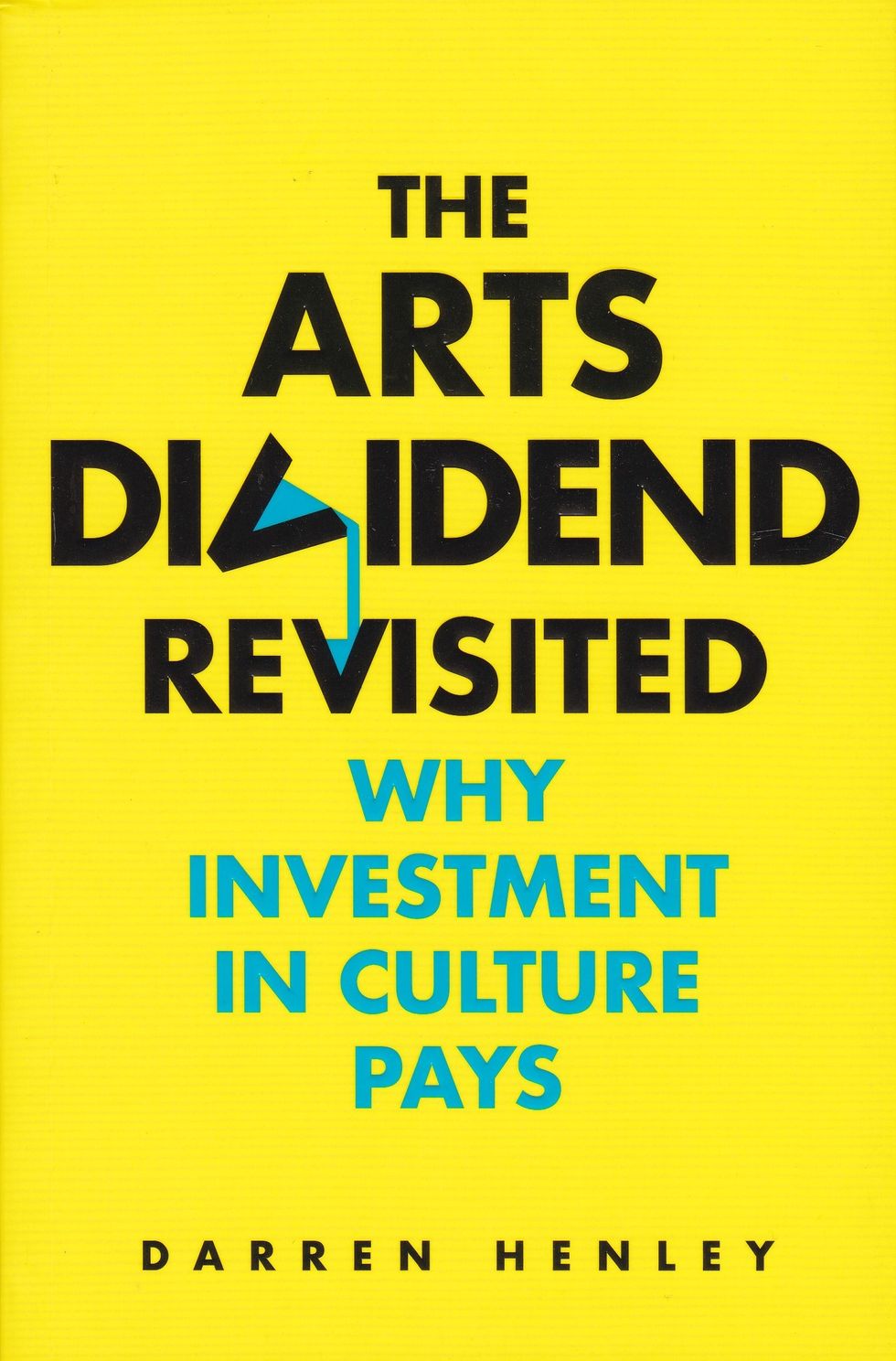
Henley’s The Arts Dividend Revisited: Why investment in culture pays, which came out in 2020, is an updated version of the book he first brought out in 2016.
It sets out very clearly the importance he attaches to diversity and how the Arts Council under his leadership has been trying to achieve that goal.
“To make sure that we are liberating the creativity of every part of society, we need to have a more inclusive and diverse art and culture sector – and to achieve that we’ve got to make some fundamental changes,” Henley said.
“The arts need to reflect the world we live in – and shed light on the world we want to see.
“We need to understand – as many international businesses now do – that diversity is a major opportunity that we must embrace if we are to thrive. “
He added: “That’s what the Arts Council is doing through promoting its ‘Creative Case for Diversity’. Rather than treating diversity as a kind of supplementary add-on, or an activity that is supported to run parallel to the mainstream arts and culture world, the ‘Creative Case’ presents it as being central to the creative process. It is an opportunity to find fresh ideas and new art.
“The promotion of diversity is about removing barriers that are faced by too many in our society.
“At the same time as tackling disadvantage, it’s important that we also celebrate everyone’s diversity and the insight, experience and knowledge that people’s diverse backgrounds bring to our national creativity. The more diverse we are as a community, the more creative we become.
“Having leadership role models who more accurately reflect our society is one of the key changes that we need to continue to make. After all, it’s the people who lead arts organisations who are the ones making the creative decisions. They are deciding what to create and they are choosing who is going to create it.
“It’s clear that we need a more diverse leadership across the arts and culture world, in our arts organisations, museums and libraries. The current leadership simply doesn’t reflect the diversity of our nation and this, in turn, is impacting negatively on who is being commissioned. The onus is on all of us who are currently in positions of influence to ensure that the next generation of leadership talent is more reflective of our nation.”
If the pandemic demonstrated one thing, “it is the importance of art in the life of a nation. It is what makes people human. It takes them out of their normal everyday experiences. It has that ability for people to travel in their minds.”
He elaborated on his theme of travelling in the mind. “Quite often, works of art, whether it be literature or music or visual art or theatre or a great film, can take you beyond the confines of the four walls of your home.”
Henley said the onus should be on organisations reaching out to audiences and not the other way around. “We need to make sure that they go out to people and meet people on their terms.
“So one of the phrases that I use quite a lot is that I don’t believe there are any hard to reach audiences, there are only hard to reach organisations.”
He has reversed conventional wisdom. If Asians are intimidated from going into white theatre spaces, for example, then it is not the fault of the Asians. He put it in a radically different way: “People in the past talked a lot about hard to reach audiences. But, actually, the audiences are really easy to reach. They’re in the right place. They know what they like. It’s up to us to go and talk to them on their terms and understand how we can do more to invest in artistic activities and culture and creativity that reflect how they live their lives today.”

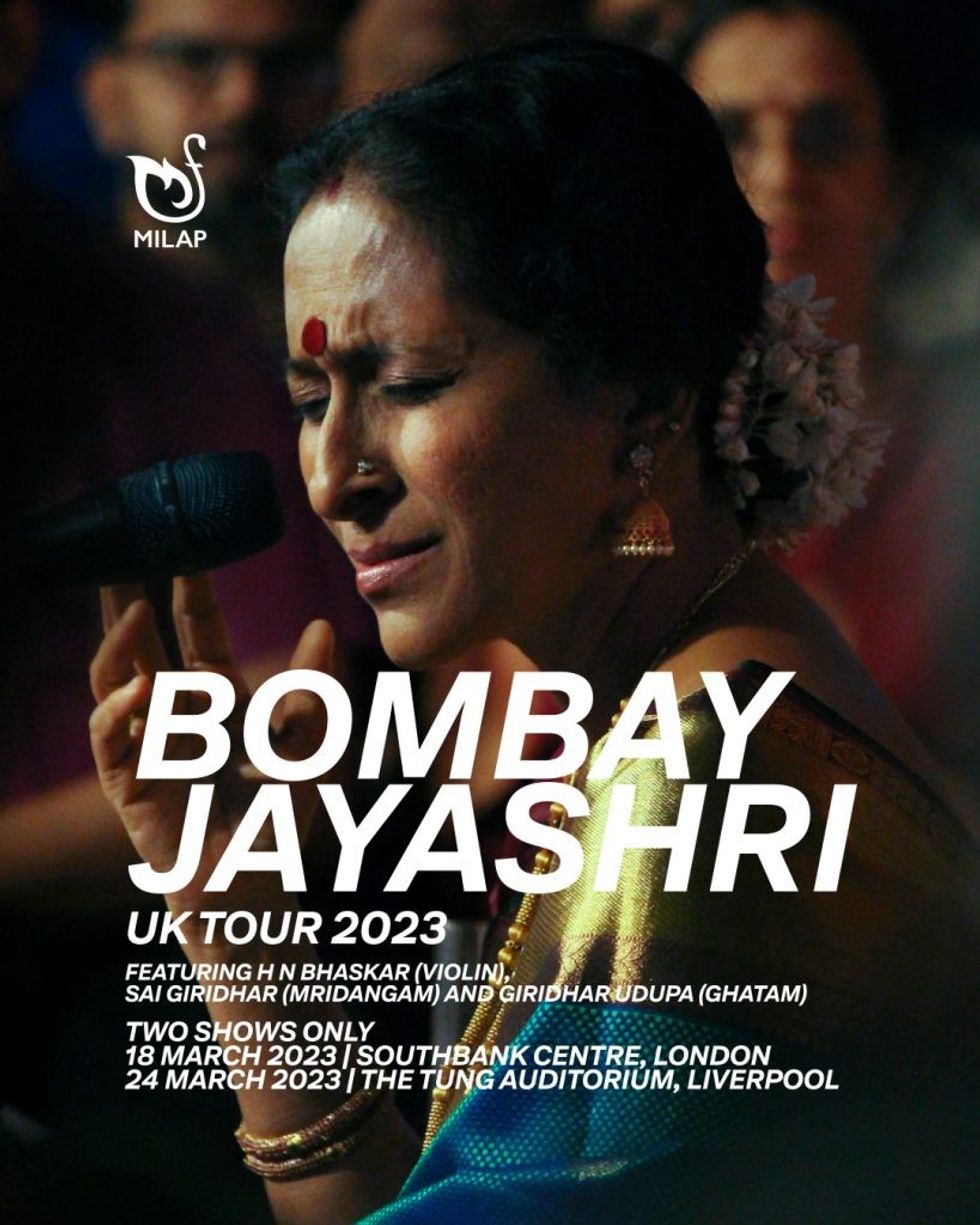




 Festival goers at Glastonbury festival 2025Getty Images
Festival goers at Glastonbury festival 2025Getty Images  Pyramid Stage crowd swells ahead of the mystery Patchwork act rumoured to be Pulp Instagram/
Pyramid Stage crowd swells ahead of the mystery Patchwork act rumoured to be Pulp Instagram/ Kneecap welcome as political tension surrounds their setGetty Images
Kneecap welcome as political tension surrounds their setGetty Images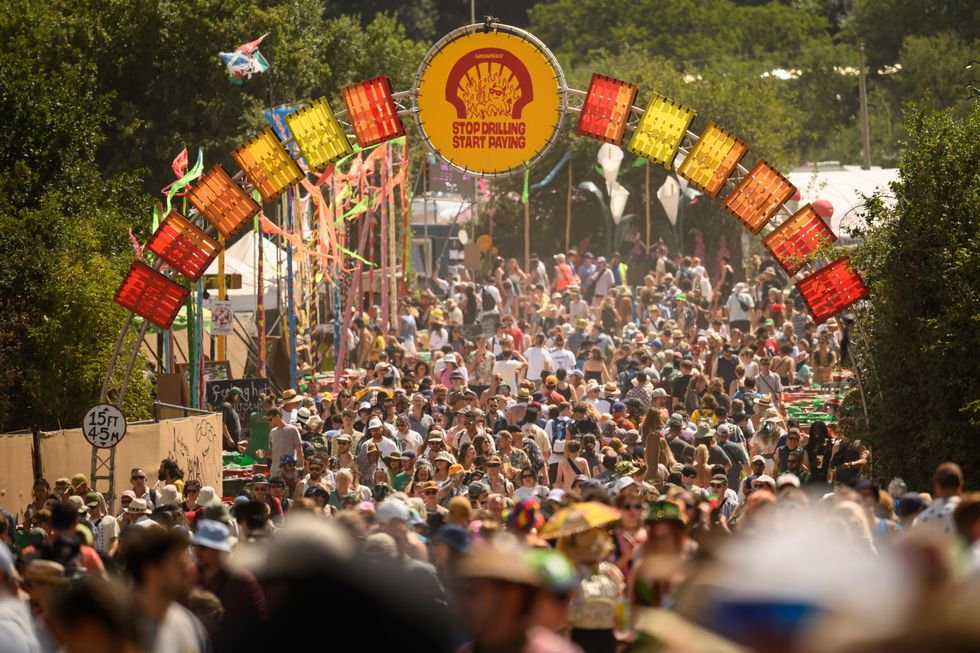 Crowds of festival-goers fill the pathways during day three of Glastonbury festival 2025Getty Images
Crowds of festival-goers fill the pathways during day three of Glastonbury festival 2025Getty Images 









 Daniel Craig poses as James BondGetty Images
Daniel Craig poses as James BondGetty Images  James Bond casting shortlist revealed with Tom Holland Jacob Elordi and Harris Dickinson in leadGetty Images
James Bond casting shortlist revealed with Tom Holland Jacob Elordi and Harris Dickinson in leadGetty Images Is this the youngest James Bond yet as Tom Holland Harris Dickinson and Jacob Elordi lead casting rumoursGetty Images
Is this the youngest James Bond yet as Tom Holland Harris Dickinson and Jacob Elordi lead casting rumoursGetty Images
 An explosive new play that fuses biting satire, history and heartfelt storytellingPleasance
An explosive new play that fuses biting satire, history and heartfelt storytellingPleasance
Police may probe anti-Israel comments at Glastonbury